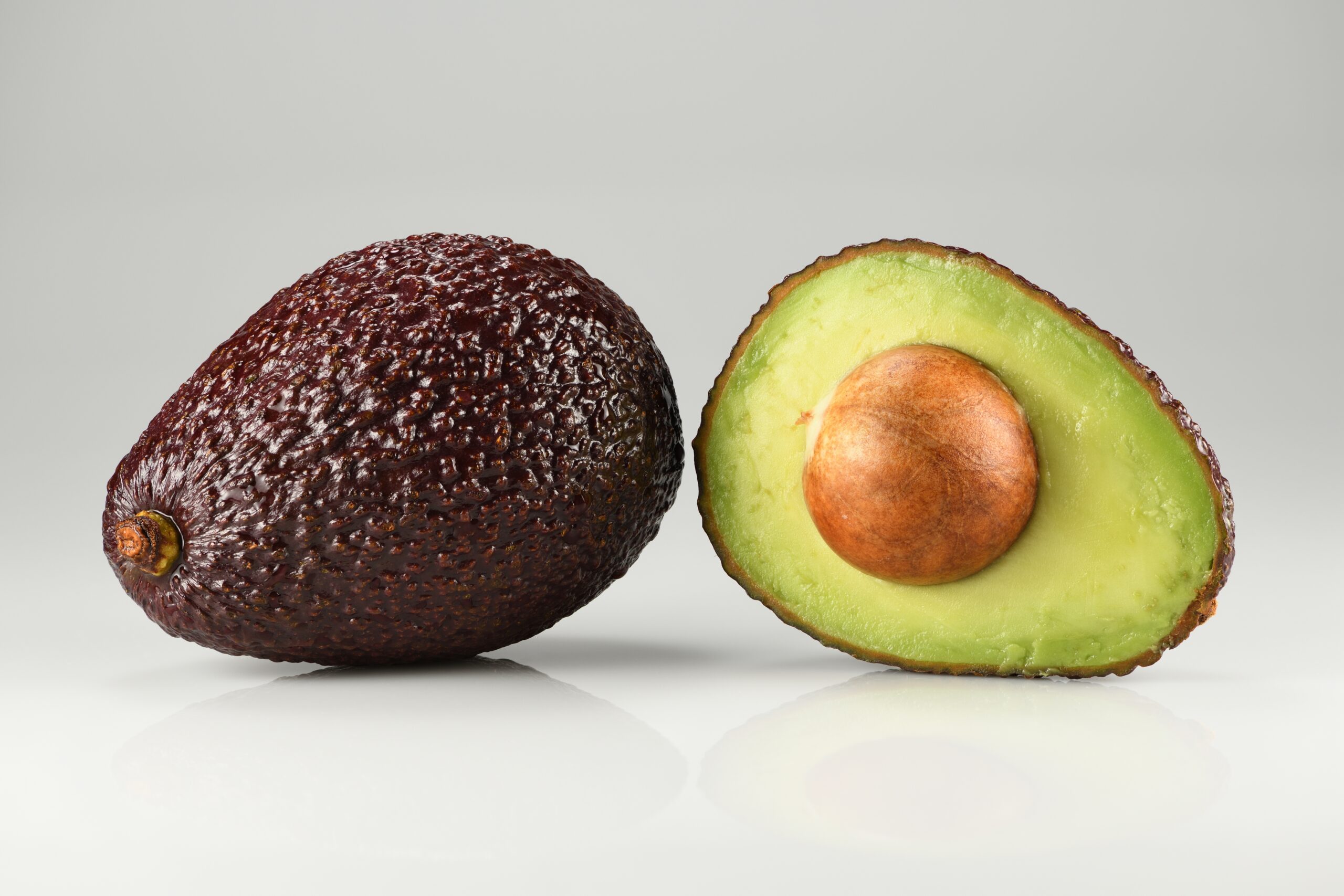Health Benefits of Potassium
What are the health benefits of potassium?
Potassium is an essential mineral and electrolyte that plays a vital role in various bodily functions. Here are some of the health benefits associated with potassium:
- Regulates Fluid Balance: Potassium helps regulate the balance of fluids in the body, which is important for maintaining healthy blood pressure and preventing dehydration.
- Supports Muscle Contractions: Potassium is crucial for proper muscle function, including the contraction of skeletal muscles and the function of the heart muscle.
- Maintains Nerve Function: Potassium plays a role in nerve signaling, helping to transmit electrical impulses that are essential for nerve function.
- Reduces Blood Pressure: Potassium helps counteract the effects of sodium in the body, which can help lower blood pressure and reduce the risk of hypertension.
- Supports Bone Health: Some studies suggest that potassium may help reduce the loss of calcium from the body, which could benefit bone health.
- May Reduce the Risk of Stroke: Adequate potassium intake has been associated with a lower risk of stroke, possibly due to its beneficial effects on blood pressure and heart health.
- May Reduce the Risk of Kidney Stones: Potassium citrate, a form of potassium, is sometimes used to prevent the formation of kidney stones by reducing the acidity of urine.
- Supports Metabolism: Potassium is involved in the metabolism of carbohydrates and protein, helping to convert these nutrients into energy.
- Maintains Heart Health: Potassium is important for maintaining a regular heartbeat and may help reduce the risk of arrhythmias.
Including potassium-rich foods in your diet, such as bananas, potatoes, sweet potatoes, spinach, and avocados, can help ensure an adequate intake of this important mineral.
What are the health risks of potassium?
While potassium is essential for health, consuming too much or too little can lead to health issues. Here are some potential health risks associated with potassium:
- Hyperkalemia: This condition occurs when there is too much potassium in the blood. It can be caused by kidney disease, certain medications, or excessive intake of potassium supplements. Symptoms of hyperkalemia can include muscle weakness, tingling sensations, and an irregular heartbeat.
- Heart Arrhythmias: High levels of potassium in the blood can disrupt the normal electrical signals in the heart, leading to potentially dangerous heart rhythms.
- Gastrointestinal Issues: Consuming large amounts of potassium supplements or salt substitutes containing potassium can cause stomach upset, nausea, and diarrhea.
- Interference with Medications: Some medications, such as certain blood pressure medications and diuretics, can affect potassium levels in the body. High potassium levels can interfere with the effectiveness of these medications.
- Hypokalemia: This condition occurs when there is too little potassium in the blood. It can be caused by certain medications, excessive sweating, vomiting, or diarrhea. Symptoms of hypokalemia can include muscle cramps, weakness, and irregular heart rhythms.
- Kidney Damage: Excessive intake of potassium supplements can be harmful to individuals with kidney disease, as the kidneys may not be able to properly filter out excess potassium, leading to high blood potassium levels.
It’s important to consume potassium within recommended levels, which is typically around 4,700 milligrams per day for most adults. This can usually be achieved through a balanced diet rich in fruits, vegetables, and other potassium-rich foods. If you have concerns about your potassium levels, it’s best to consult with a healthcare provider for personalized advice.
What foods are rich in potassium?
Potassium is found in a wide variety of foods, particularly fruits, vegetables, and legumes. Here are some foods that are rich in potassium:
- Bananas: Bananas are well-known for their potassium content. One medium-sized banana contains about 400 mg of potassium.
- Sweet Potatoes: Sweet potatoes are a great source of potassium, with one medium-sized sweet potato providing about 540 mg of potassium.
- Spinach: Spinach is a leafy green vegetable that is high in potassium, with about 840 mg per cooked cup.
- Avocado: Avocado is a creamy fruit that is rich in potassium, with about 975 mg per cup of sliced avocado.
- Beans: Beans, such as kidney beans, black beans, and pinto beans, are high in potassium. One cup of cooked kidney beans contains about 700 mg of potassium.
- Potatoes: Potatoes, particularly the skin, are a good source of potassium. One medium-sized baked potato with skin contains about 925 mg of potassium.
- Tomatoes: Tomatoes are rich in potassium, with about 400 mg per cup of chopped tomatoes.
- Oranges: Oranges and orange juice are good sources of potassium, with about 240 mg per medium-sized orange or 475 mg per cup of orange juice.
- Yogurt: Yogurt is a dairy product that is high in potassium, with about 350 mg per cup of plain, low-fat yogurt.
- Salmon: Salmon is a fish that is rich in potassium, with about 530 mg per 3-ounce serving.
Including these potassium-rich foods in your diet can help ensure an adequate intake of this important mineral.




